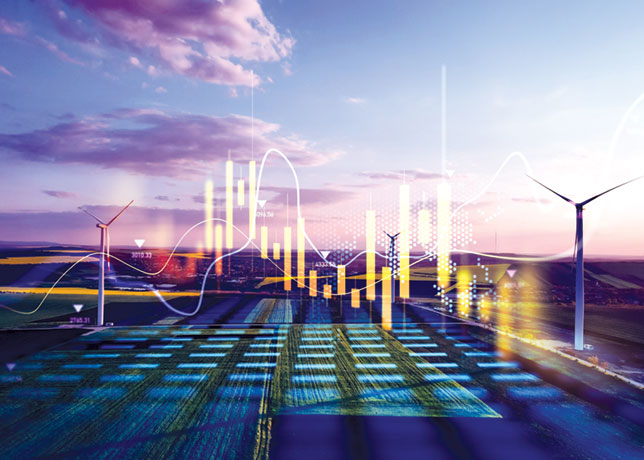Africa is undergoing a significant transformation in its energy sector, with a growing focus on “Africa-first” policies. Despite contributing less than 4 per cent to global emissions, Africa faces severe energy access challenges, with 600 million people lacking electricity and 900 million without clean cooking solutions.
With $47 billion in oil and gas capex in 2024, Africa is proving its value as a competitive and resilient energy investment destination. Institutions and policy advancements are laying the groundwork for increased local investment in energy.
The Africa Energy Bank (AEB) was established by the African Petroleum Producers’ Organisation (APPO) and Afreximbank, with an initial capital of $5 billion. Headquartered in Abuja, the AEB will finance oil and gas infrastructure projects, serving as a bold step toward regional energy self-sufficiency and resource sovereignty.
The African Development Bank (AfDB) is supporting long-term energy planning, with the AfDB’s strategic dialogue in Algeria aligning national goals with sustainable, diversified energy development. In South Africa, the Renewable Energy Independent Power Producer Procurement Program (REIPPPP) secured 1,760 MW of solar PV capacity backed by R31.4 billion ($1.7 billion) in investment.
PPPs and blended finance have become essential tools for scaling investment as Africa’s energy project pipeline expands. The AfDB’s $10 million concessional equity stake in the ARM-Harith Successor Infrastructure Equity Fund supports AfDB’s target to electrify 300 million people by 2030 through sustainable energy solutions. South Africa’s Battery Energy Storage Independent Power Producer Procurement Program demonstrates the power of blended finance in scaling innovation.
The African Continental Free Trade Agreement (AfCFTA) offers a powerful framework for prioritising African-led energy development by promoting intra-African investment flows and removing trade barriers. The African Energy Commission continues to strengthen institutional cooperation across the African Union to support sovereign energy strategies.



